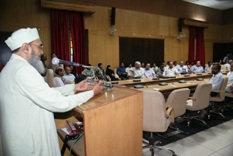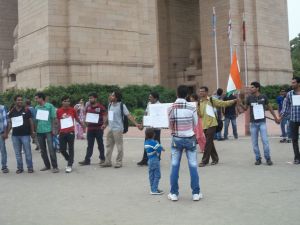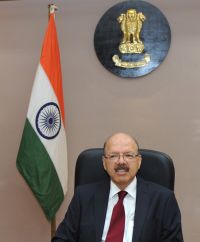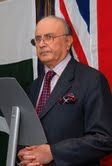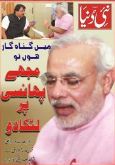THE Flying Birds Group established in early 2005 at AJK Mass Communication Research Centre, Jamia Millia Islamia, has been trying to empower the youth of economically, socially and educationally backward areas of Delhi by teaching and promoting innovative use of new media tools and technologies.
Young women members of the group have been producing short documentary films on real life issues affecting them, such as girl child discrimination, need for adequate health care and education, eve-teasing, domestic violence, and changing gender roles. Most recently, they made films highlighting the need to conserve art and cultural heritage at various levels of society. Continue reading “Giving them wings to fly”
